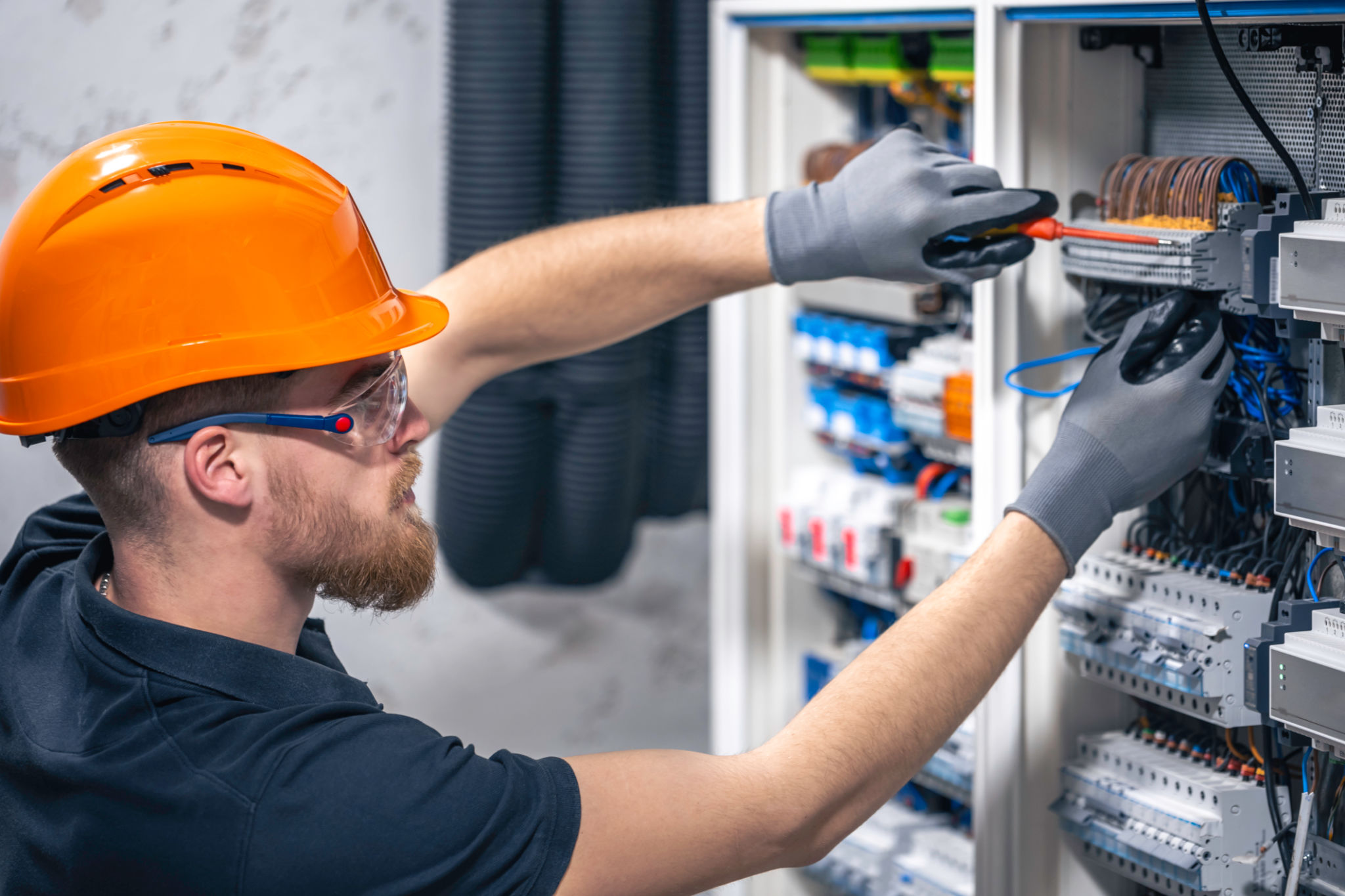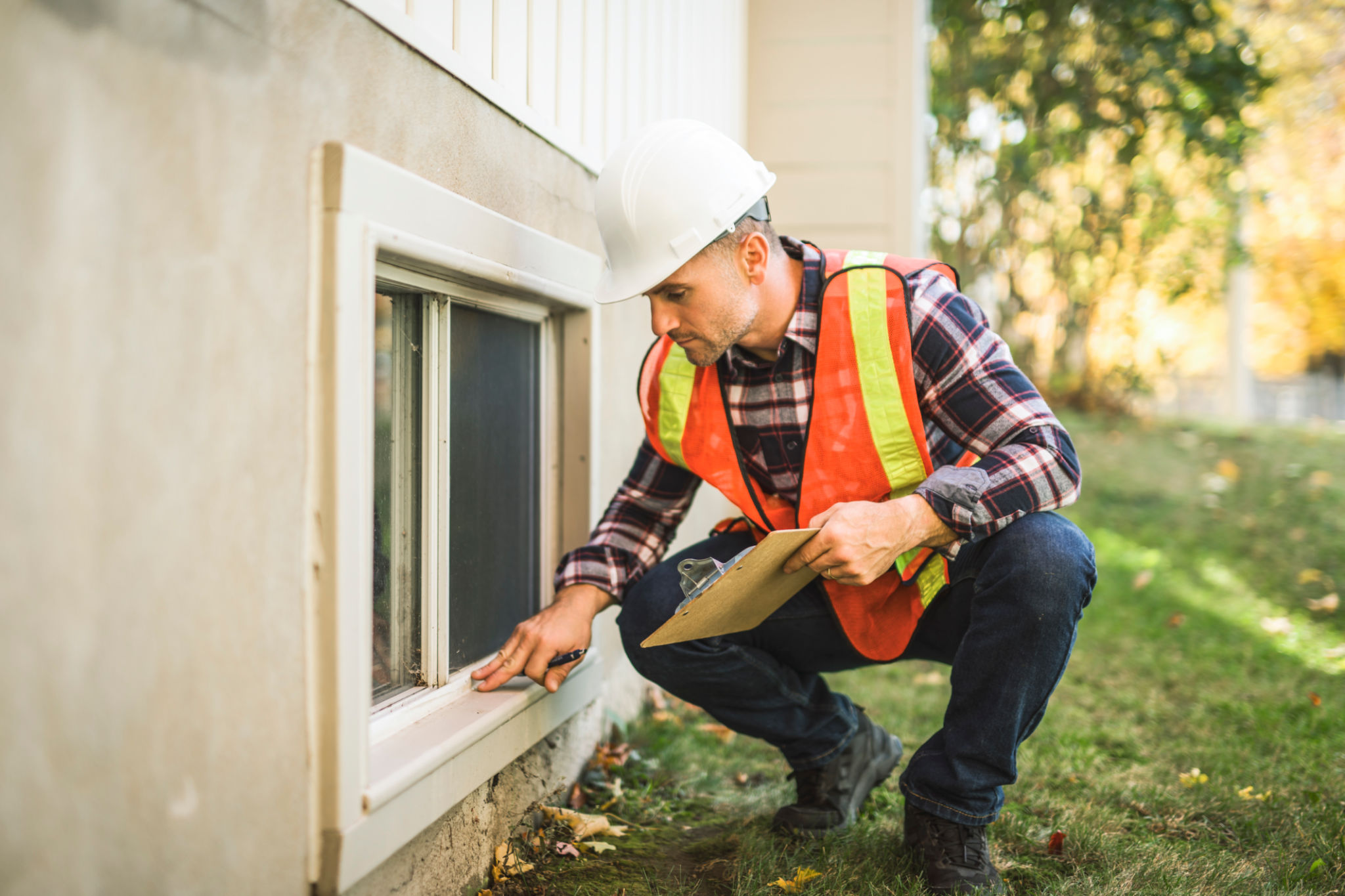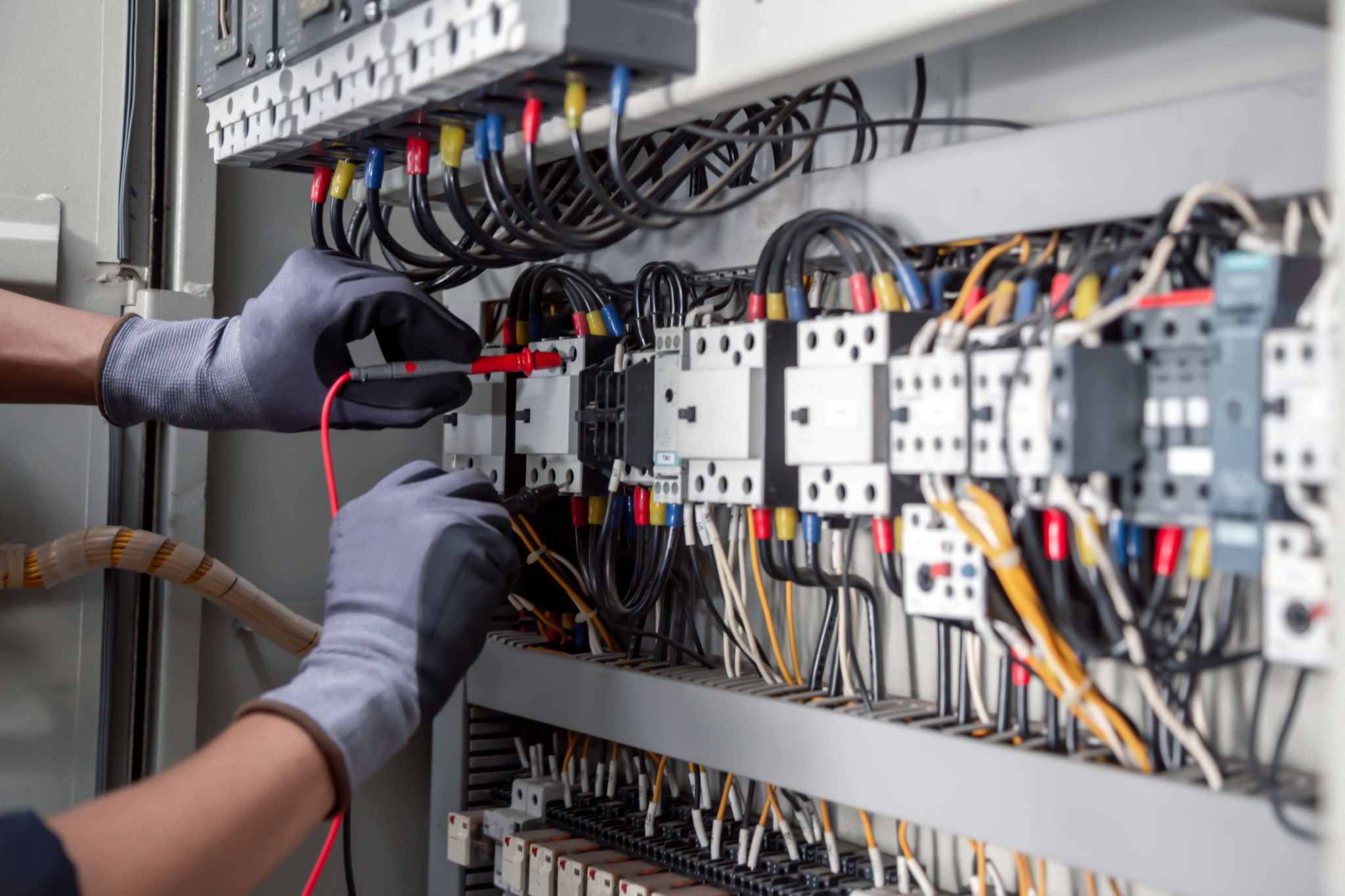Understanding Electrical Regulations in Australia: A Homeowner's Guide
Introduction to Electrical Regulations in Australia
As a homeowner in Australia, understanding electrical regulations is crucial for ensuring the safety and compliance of your home. These regulations are designed to protect residents from electrical hazards and ensure that installations are carried out by qualified professionals. In this guide, we'll explore the essentials of electrical regulations and what you need to know as a responsible homeowner.
Australia has a rigorous set of standards when it comes to electrical installations, primarily governed by the Australian Standards. These standards serve as the benchmark for electrical safety and quality. By adhering to these regulations, you can help ensure that your home is safe and efficient.

The Role of the Australian Standards
The Australian Standards encompass a wide range of guidelines, with AS/NZS 3000:2018 being the most critical for electrical installations. This standard, also known as the "Wiring Rules," provides detailed instructions on how electrical work should be conducted. It covers everything from the installation of wiring systems to the placement of switches and power points.
Compliance with these standards is not just recommended but legally required. Failing to adhere to them can lead to significant consequences, including fines or even legal action. Therefore, it's essential to ensure that any electrical work on your property is performed by a licensed electrician who understands these standards.

Licensing and Qualifications
One of the most critical aspects of maintaining electrical safety in your home is ensuring that any work is conducted by a qualified professional. In Australia, electricians must be licensed to perform any electrical work. This licensing ensures that they have the necessary training and experience to comply with all relevant standards.
When hiring an electrician, always verify their credentials and ask to see their license. A licensed electrician will not only perform the work safely but will also provide a compliance certificate upon completion, which serves as proof that the work meets Australian Standards.
Common Electrical Installations and Safety Checks
Understanding common electrical installations in your home can help you manage safety more effectively. These include power points, lighting fixtures, circuit breakers, and safety switches. Regular safety checks are crucial in identifying potential hazards such as faulty wiring or overloaded circuits.
- Power Points: Ensure they are not overloaded and regularly inspect for wear or damage.
- Lighting Fixtures: Check for flickering lights, which could indicate wiring issues.
- Circuit Breakers: Test them periodically to ensure they trip correctly.
- Safety Switches: These should be tested every few months to guarantee they function in emergencies.

The Importance of Regular Maintenance
Regular maintenance is an integral part of ensuring your home remains safe and compliant with electrical regulations. Scheduling routine inspections with a licensed electrician can prevent potential issues before they become serious hazards. This proactive approach not only keeps your home safe but can also extend the lifespan of your electrical systems.
During these inspections, an electrician will assess various components of your electrical system, identify any areas of concern, and recommend necessary repairs or upgrades. Keeping a record of these inspections can also be beneficial if you decide to sell your home in the future.
Dealing with Non-Compliance
If you discover that certain aspects of your home's electrical system are non-compliant with Australian Standards, it's vital to address these issues promptly. Working with a licensed electrician, you can implement the necessary changes to bring your home up to code. Ignoring such problems not only poses a safety risk but can also affect your property's value and insurability.
In conclusion, understanding and adhering to electrical regulations in Australia is an essential responsibility for homeowners. By ensuring compliance and engaging qualified professionals for all electrical work, you contribute significantly to the safety and well-being of your household.

